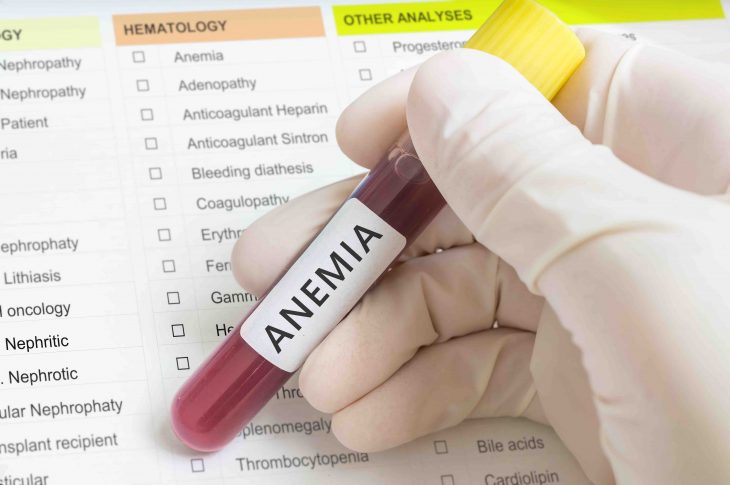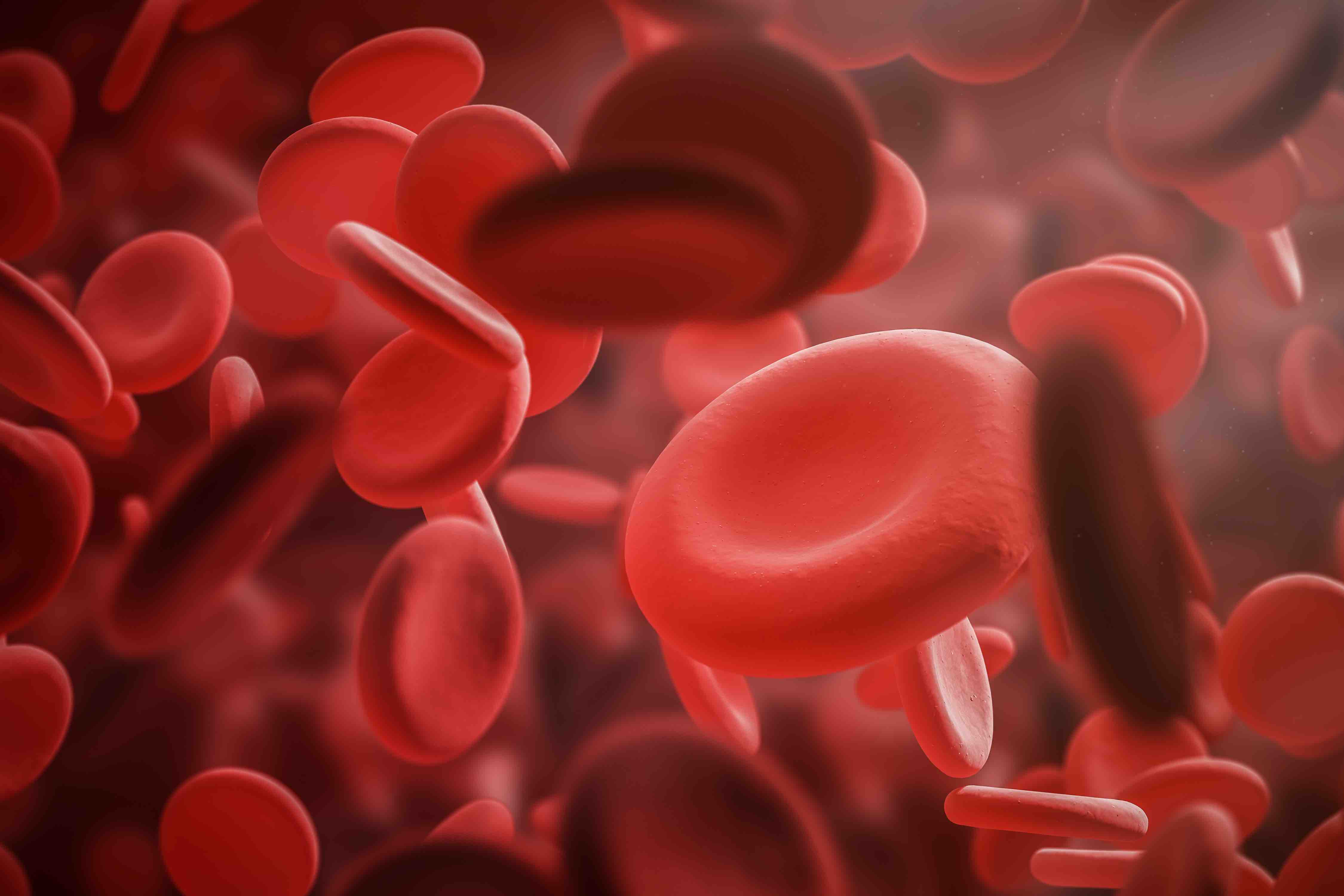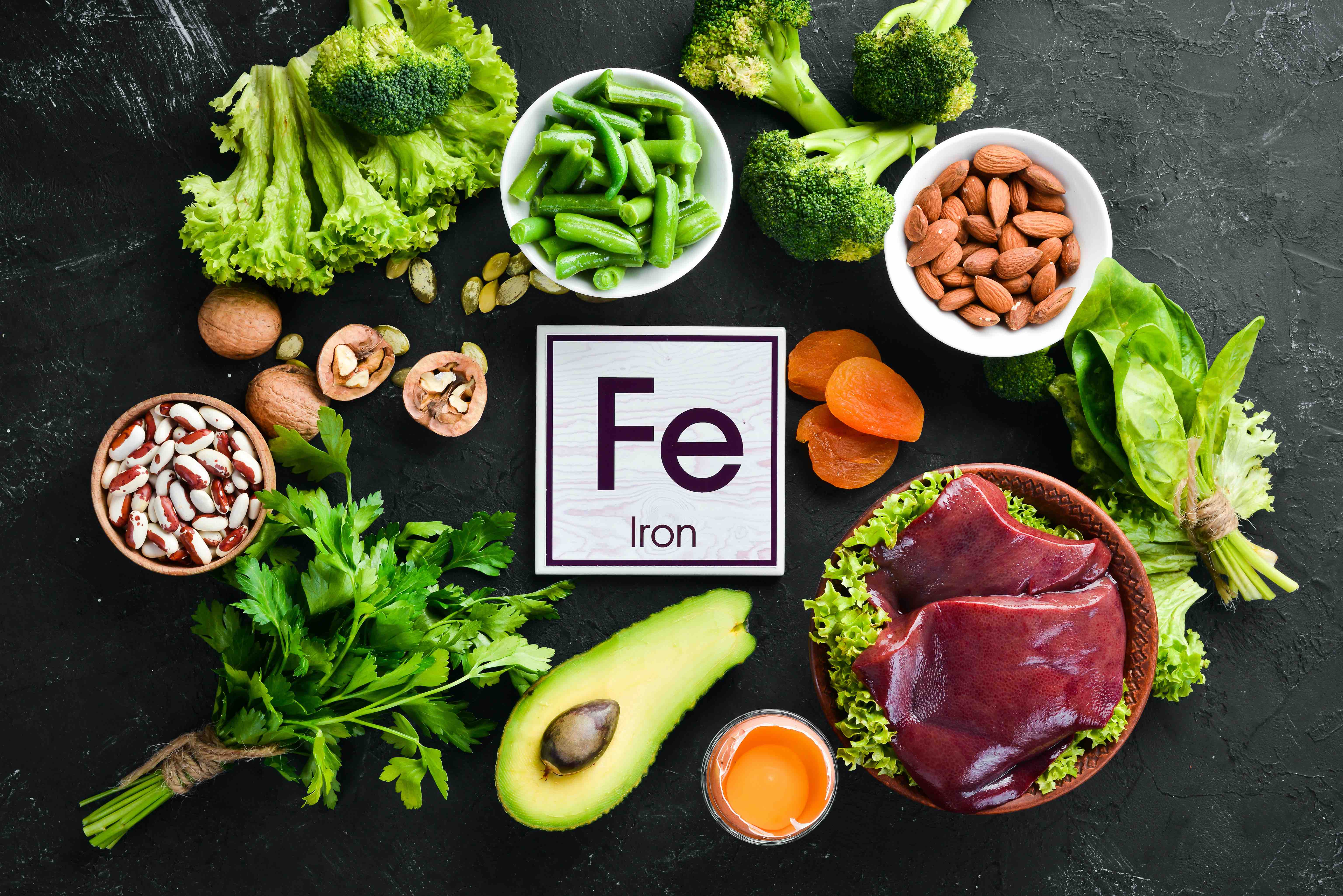
Anemia is a prevalent blood disorder that affects millions of people worldwide. It occurs when the body has a low red blood cell count or lacks enough healthy red blood cells to carry oxygen to the body’s tissues. This condition can lead to fatigue, weakness, and other health complications. Let’s uncover 18 facts about anemia to gain a deeper understanding of its causes, symptoms, and available treatments.
Different Types of Anemia
Anemia is not a single condition but a group of disorders. The most common types include iron-deficiency anemia, vitamin deficiency anemia (such as B12 and folate deficiency), and anemia of chronic disease.
Iron-Deficiency Anemia
Iron-deficiency anemia is the most common type of anemia, caused by a lack of iron in the body. Iron is essential for producing hemoglobin, the protein that carries oxygen in the blood.
Vitamin Deficiency Anemia
Vitamin deficiency anemia can occur due to inadequate intake or absorption of certain vitamins essential for red blood cell production, such as vitamin B12 and folate.
Anemia of Chronic Disease
Anemia of chronic disease is commonly associated with chronic conditions like cancer, kidney disease, rheumatoid arthritis, and HIV/AIDS. Inflammatory factors interfere with red blood cell production and lifespan.
Symptoms of Anemia
Common symptoms of anemia include fatigue, weakness, shortness of breath, pale skin, dizziness, headaches, and irregular heartbeat. However, symptoms can vary depending on the underlying cause and severity of the condition.
Causes of Anemia
Anemia can have various causes, including poor diet, chronic diseases, genetic disorders (such as sickle cell anemia), blood loss (through menstruation or injury), and certain medications or treatments.
Risk Factors

Certain factors increase the risk of developing anemia, such as a diet lacking in iron, vitamin B12, or folate, chronic diseases, family history of inherited anemias, age (infants, women of childbearing age, and the elderly), and certain infections.
Anemia in Pregnancy
Pregnant women are at higher risk of developing anemia due to increased blood volume demands. Adequate prenatal care, iron supplementation, and a nutrient-rich diet are crucial for managing anemia during pregnancy.
Impact on Children
Anemia can significantly impact children’s growth, cognitive development, and overall well-being. It is essential for parents and caregivers to provide a nutrient-rich diet and seek medical attention if anemia symptoms arise.
Anemia and Exercise
Anemia can affect exercise performance due to reduced oxygen-carrying capacity. Athletes should monitor their iron levels and seek appropriate treatment if anemia is detected to optimize their performance and overall health.
Hereditary Anemias
Some types of anemia, such as sickle cell anemia and thalassemia, are hereditary and passed down through genes. These conditions require ongoing medical management and care.
Anemia in Older Adults
Anemia is prevalent among older adults and can be associated with underlying health conditions or nutritional deficiencies. Regular screenings and appropriate management are crucial for their well-being.
Global Impact of Anemia
Anemia is a global health concern, particularly in low-income countries. Factors such as malnutrition, infections, and limited access to healthcare contribute to the high prevalence of anemia in these regions.
Anemia and Mental Health
Anemia can impact mental health, causing symptoms such as mood swings, irritability, difficulty concentrating, and reduced cognitive function. Treating the underlying anemia can help alleviate these mental health symptoms.
Diagnostic Tests
To diagnose anemia, healthcare professionals may conduct blood tests, including a complete blood count (CBC), to measure red blood cell count, hemoglobin, hematocrit, and other parameters that indicate the presence and severity of anemia.
Treatment Approaches

The treatment of anemia depends on the underlying cause. Common interventions include iron supplements, dietary changes, vitamin supplements, blood transfusions, and addressing any underlying health conditions.
Prevention Strategies
Preventing anemia involves adopting a balanced diet rich in iron, vitamin B12, and folate, especially for individuals at higher risk. Regular check-ups, managing chronic diseases, and avoiding excessive blood loss are also important preventive measures.
Collaborative Care
The management of anemia often involves collaboration between healthcare professionals, such as primary care physicians, hematologists, nutritionists, and specialists in underlying conditions contributing to anemia.
Conclusion
Anemia is a complex condition that requires proper diagnosis, treatment, and management. By understanding its various types, causes, symptoms, and available interventions, individuals and healthcare providers can work together to address anemia and promote overall health and well-being.
Frequently Asked Questions (FAQs)
Can anemia be cured?
The treatment and management of anemia depend on the underlying cause. While some types of anemia can be cured, others may require ongoing management and care.
Is anemia a serious condition?
Anemia can vary in severity and impact. Severe or untreated anemia can have significant health implications, affecting various bodily functions. It is important to seek medical attention and follow recommended treatments.
Can anemia be prevented through diet alone?
A nutrient-rich diet is crucial in preventing certain types of anemia caused by nutritional deficiencies. However, anemia can also result from underlying health conditions, requiring comprehensive management beyond dietary changes.
Can anemia affect fertility?
In certain cases, anemia can impact fertility. Iron deficiency anemia, in particular, may disrupt hormonal balance and impair fertility. Seeking medical advice and appropriate treatment is important for individuals planning to conceive.
Can anemia recur after successful treatment?
Depending on the underlying cause, anemia can recur if the factors contributing to its development persist or if the treatment is not effectively addressing the root cause. Regular check-ups and ongoing management are essential.
Was this page helpful?
Our commitment to delivering trustworthy and engaging content is at the heart of what we do. Each fact on our site is contributed by real users like you, bringing a wealth of diverse insights and information. To ensure the highest standards of accuracy and reliability, our dedicated editors meticulously review each submission. This process guarantees that the facts we share are not only fascinating but also credible. Trust in our commitment to quality and authenticity as you explore and learn with us.
